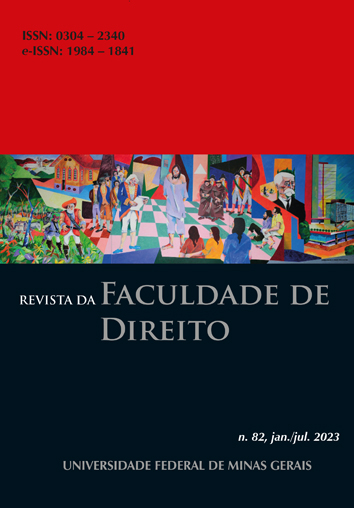JUDICIAL DECISIONS AS A SCIENTIFIC CHALLENGE TO TAX LAW
DOI:
https://doi.org/10.12818/P.0304-2340.2023v82p291Abstract
The dogmatic of the Brazilian Tax Law is structured on a solid theoretical basis, which is Kelsenian positivism. However, at present, the system does not offer legal certainty, especially if we observe administrative and judicial decisions that not strictly apply to the legislation. Faced with this reality, the objective of this article is to reanalyze the theory from the Philosophy of Science, questioning whether its scientific character is pacific. Applying the zetetic method, the investigation addresses the scientific revolution, scientific reasoning processes (deduction and induction), and the uniqueness of science; then, it presents the division between legal sociology, through the work of Eugen Ehrlich, and the dogmatic science of law; analyzes the theme in Hans Kelsen’s pure theory of law, including under the influence of the scientific movement of his time; the difficulties of his theory vis-à-vis the common law, where the distinction between legal sociology and legal science is meaningless; and shows reflections on Brazilian Tax Law. In conclusion, it is proposed to expand the empirical data to be used by tax experts to add to the legislated rules (should-be) also those arising from court decisions (to be). Thus, the legal science label is preserved, but not the distinction between sociology of law and legal dogmatics.




















